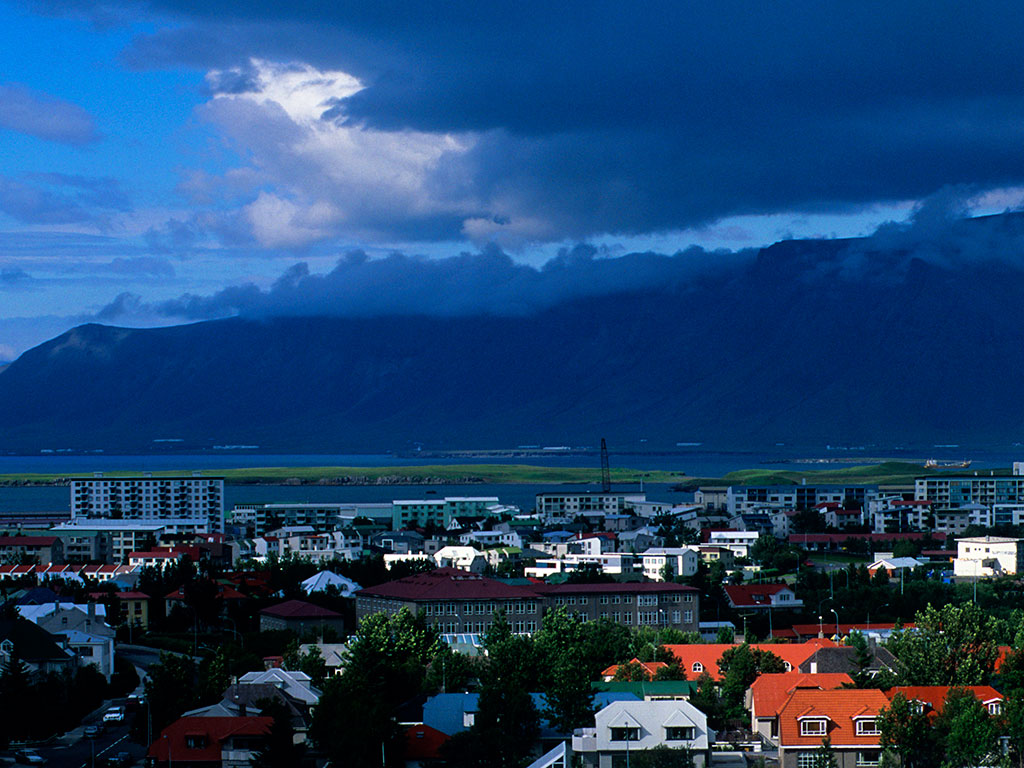Iceland offers itself as a data centre hub
Iceland reinvents itself once more, this time using its cheap, clean energy to attract data centres and foreign capital

Iceland at night. The country, whose economy has been slowly recovering, is now opening itself up as a data centre hub
Since Iceland’s catastrophic crash in 2008, the country has kept itself in financial isolation from the rest of the world, maintaining strict capital controls as it gradually recovers. Over the past year, Iceland has become one of Europe’s top performers in terms of growth – which has led to it starting the process of lifting capital controls and re-joining the international financial community. In a bid to attract foreign capital and boost growth further, Iceland is now trying to make a name for itself as a hub for data centres.
By highlighting its access to cheap and renewable energy, the tiny island hopes to attract big players from around to world to locate their data storage warehouses there
By highlighting its access to cheap and renewable energy, the tiny island hopes to attract big players from around to world to locate their data storage warehouses there. Given the huge consumption of electricity required for such facilities, which continues to rise as power-hungry data centres proliferate around the world, Iceland’s proposition is certainly attractive to international companies.
Despite Iceland’s formidable energy capacity, which exceeds the country’s needs by five times, exporting is difficult and costly due to the country’s remoteness. With around 75 percent of its energy mix from hydropower, and a sizeable portion from geothermal sources, Iceland’s energy hook has the sustainable angle also as it promises to reduce the carbon footprint of companies that set up their data centres in the country.
Iceland has five large data centres at present, including a 44-acre campus in Keflavik in which its highest profile client, BMW, is located. The government hopes to attract more multinational companies through recently introduced tax incentives and programmes, such as ‘Invest in Iceland’.
“When BMW said they paid 83 percent less for operating their data centre on Iceland than in Germany, it (interest) really picked up,” Einar Hansen Tomasson, an Invest in Iceland representative, told Reuters.
Attracting foreign capital is the last piece to the puzzle for Iceland’s impressive economic recovery, the step that will enable it to fully move on from the 2008 crash. By tapping into its abundant energy resources, and playing into current trends – namely the need for big data centres and the desire for sustainability – Iceland is onto something that may well lay a whole new course for its financial future. It didn’t succeed as a financial centre, but it seems that Iceland will have far better luck as a data hub instead.













